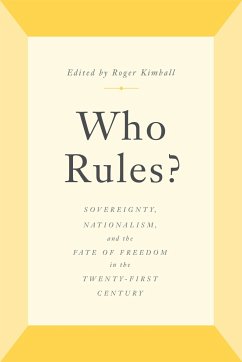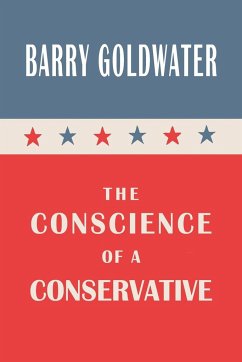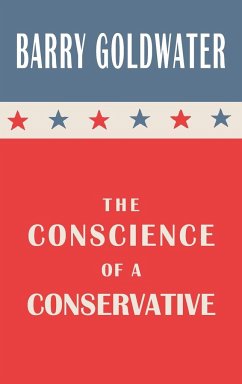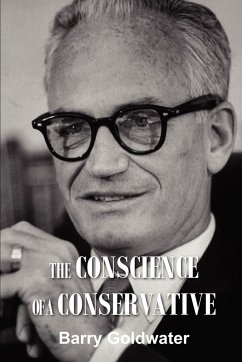""Sovereignty or submission: Restoring national identity in the spirit of liberty," a symposium organized by The New Criterion and the Center for American Greatness, took place on October 16, 2019, in Washington, D.C. Participants were Michael Anton, David Azerrad, Chris Buskirk, Tucker Carlson, Angelo M. Codevilla, John Fonte, Pascal-Emmanuel Gobry, Victor Davis Hanson, Roger Kimball, Daniel McCarthy, Balâazs Orbâan, John O'Sullivan, James Piereson, and Kiron Skinner. Discussion revolved around earlier versions of the essays presented in this book"--
Bitte wählen Sie Ihr Anliegen aus.
Rechnungen
Retourenschein anfordern
Bestellstatus
Storno








